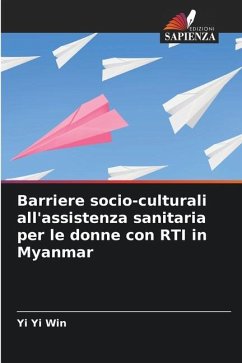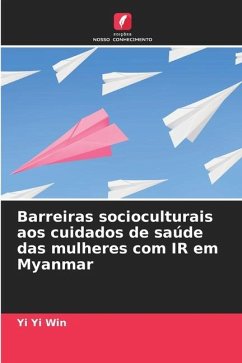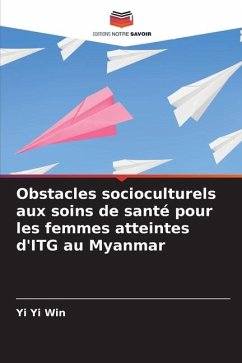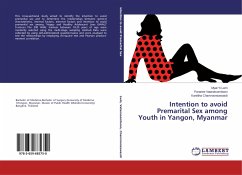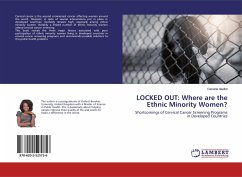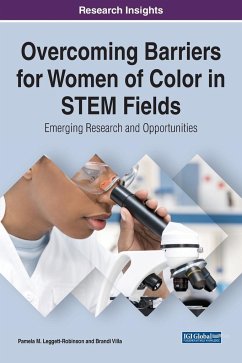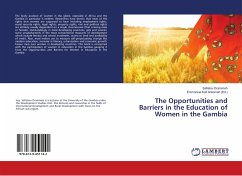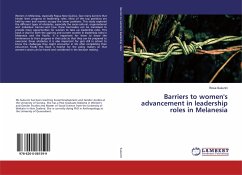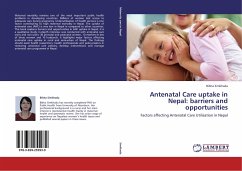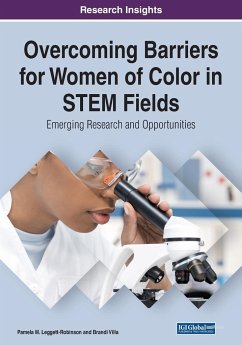
Socio-Cultural Barriers to Health Care for Women with RTI in Myanmar
Versandkostenfrei!
Versandfertig in 1-2 Wochen
37,99 €
inkl. MwSt.

PAYBACK Punkte
19 °P sammeln!
Reproductive tract infections (RTIs) are a major source of morbidity among women and men and are responsible for the greatest number of healthy years lost to women of reproductive age in developing countries, including Myanmar. The purpose of this study was to explore, through interviews and focus groups with village women, the women's social values, discourses on female body and RTI, which affect women's access to effective health care. A qualitative research approach based on the ethnographic tradition was the core data collection technique in this study. A poststructuralist feminist framewo...
Reproductive tract infections (RTIs) are a major source of morbidity among women and men and are responsible for the greatest number of healthy years lost to women of reproductive age in developing countries, including Myanmar. The purpose of this study was to explore, through interviews and focus groups with village women, the women's social values, discourses on female body and RTI, which affect women's access to effective health care. A qualitative research approach based on the ethnographic tradition was the core data collection technique in this study. A poststructuralist feminist framework and critical discourse analysis were applied to analyze the local language and meaning of reproductive tract infections (RTI), female body discourses, and narratives of women suffering self-reported symptoms of RTI without accessing effective health care. This study found out that the main barriers to accessing effective health care were women's social value of being a 'good' woman, prevalent discourses on RTI, and female body. Deconstruction of discourses against society's language and meaning related to being a 'good' woman, RTI, and the female body should be considered by health workers.



